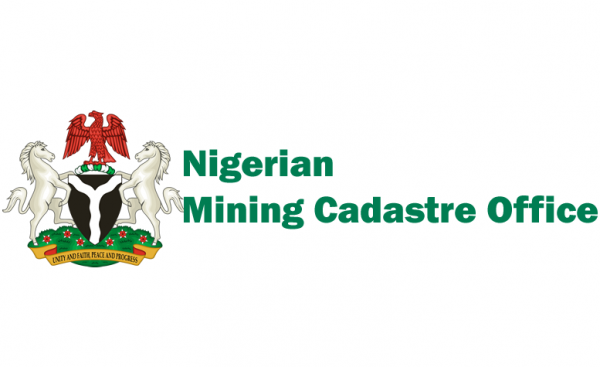The Mining Cadastre Office (MCO) has generated N3.88 billion already from January to October 2021, exceeding the N2.3 billion recorded in 2020.
The Minister of Mines and Steel Development, Mr Olamilekan Adegbite disclosed this at the 5th Annual Nigeria Mining Week held virtually on Tuesday.
The theme for this year’s mining week is titled, “Seven Compelling Reasons to Invest in Nigeria Mining Sector”.
The MCO is responsible for the management and administration of mineral titles, considered to be the cornerstone of a secure mineral rights system.
Adegbite said that MCO, one of the agencies under his ministry, had done well achieving the amount despite the challenges of COVID-19 pandemic.
“MCO grew its revenue from N2.3 billion in 2020 to N3.88 billion in 2021 as of October 31st, with two months still remaining in this year to achieve higher revenue.
“The secret of the sudden jump can be attributed to the introduction of “First Come, First Served” and “Use it or Lose it” in the licensing administration.
“This has helped to re-organise, eliminate speculators, and led to the revocation of about 1,566 mineral titles, and it has activated many dormant licences and increased revenue inflow into Government treasury,” he said.
He said that the Cadastre processes had been streamlined to enable investors to apply online and obtain licences and leases within and outside Nigeria.
Adegbite said that Nigeria had institutionalised business-friendly incentives to further make its mining sector more attractive to foreign investors, encouraging them to come in.
“The incentives include: a customs and import duties waiver for plant, machinery and equipment imported for mining operations; tax holidays of between three to five years as applicable.
“Free transferability of funds and permission to retain and use earned foreign exchange; capital allowances of up to 95 per cent of qualifying capital expenditure, among others.
“We have made the gold sector more compelling for investors by building a gold ecosystem that nurtures value across the entire value chain.”
He said that Segilola gold project in Osun, the first large-scale high-grade gold project owned by the London Stock Exchange-listed Thor Exploration, was a testament to such an effort and had begun production of gold.
“Similarly, two gold refineries, Kian Smith and Dukia Gold and Precious Metals Refining Company Limited, are currently being built to increase the value of gold in the country for the benefit of all stakeholders.
“Through the ongoing Presidential Artisanal Gold Mining Initiative (PAGMI), we are organising, formalising, and equipping artisanal and small gold miners (ASGMs) in Kaduna, Kebbi, Osun, Niger, Ebonyi, Sokoto, Gombe, and Ekiti.
“We are also building human and institutional capacity, which remain one of the cornerstones of our drive to transform the sector.
“We want to ensure that when investors come, they will have adequate capacity within the country to carry out their exploration work or operate the mine.”
He urged those that were still dithering about investing in the Nigerian mining sector to take the leap, as Nigeria still provides one of the highest rates of return on mining investment.
He said that the ministry had been scaling up the capacity of the sector, transforming it into a strategic catalyst for domestic growth, while also achieving a high level of global relevance.
According to Adegbite, the ministry is building a strong geoscience base to enhance its competitiveness as a world-class mineral exploration destination that foreign investors will find attractive.
“This geoscience information will help in de-risking the sector. Target minerals under the first phase include gold, lead, zinc, iron ore, among others.
“We have commenced the process of retrieving Nigeria’s colonial geological data from the United Kingdom by engaging the British Geological Survey (BGS) to build a national electronic geo-data archiving management system to be called the Nigerian Geo-data Center.
“This will be archived at the Nigerian Geological Survey Agency (NGSA) and it
will provide easy access to geo-science data for prospective investors on potential areas to target for exploration and mining within and outside Nigeria.
“The BGS will also integrate historical geo-data of Nigeria into NGSA and the National Steel Raw Materials Exploration Agency (NSRMEA) into the system.”




